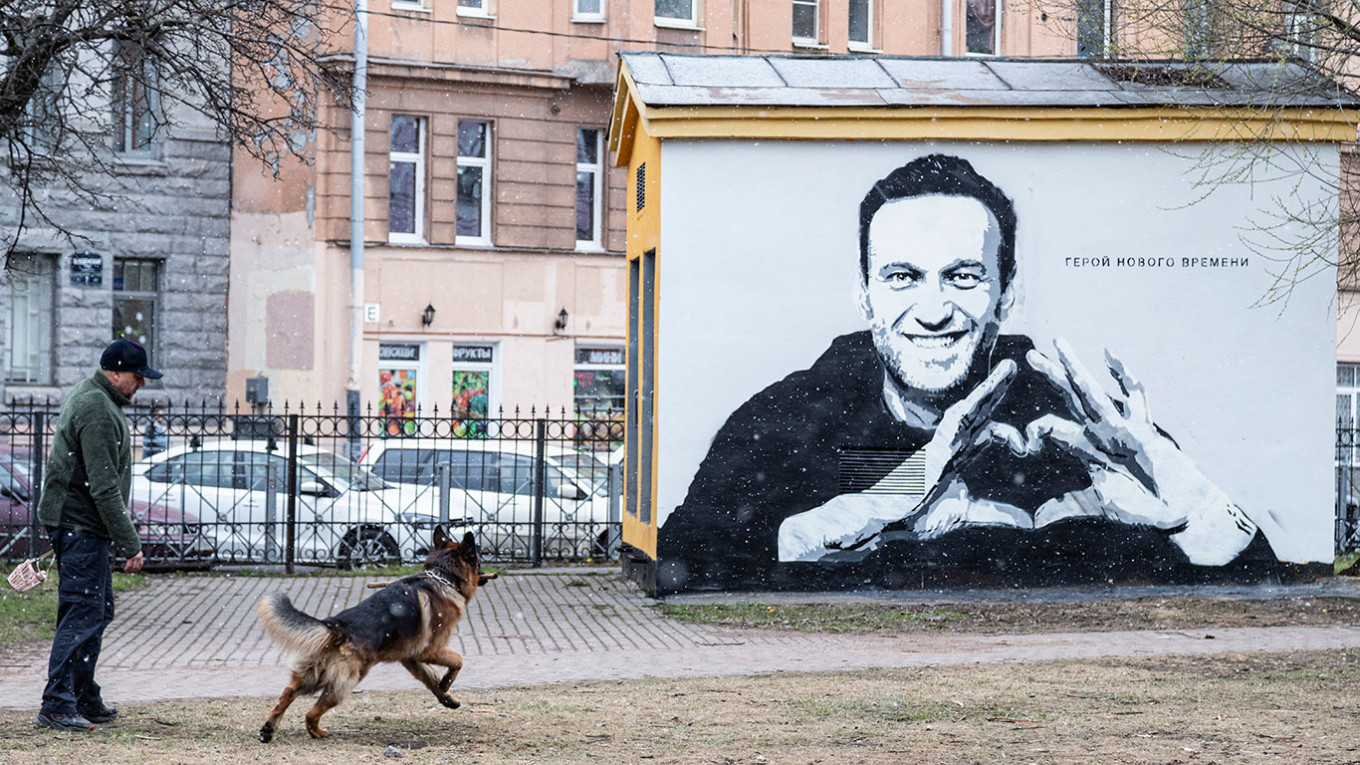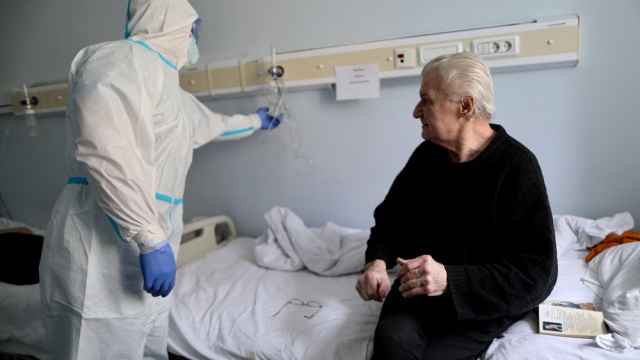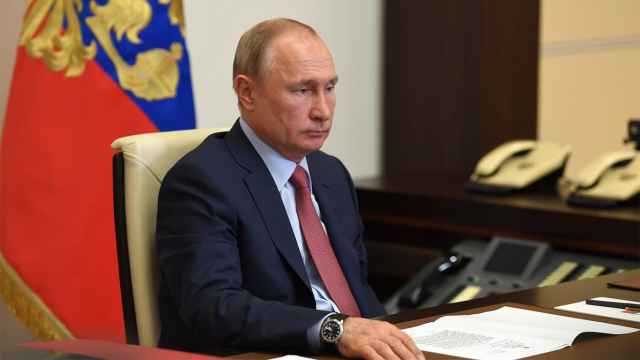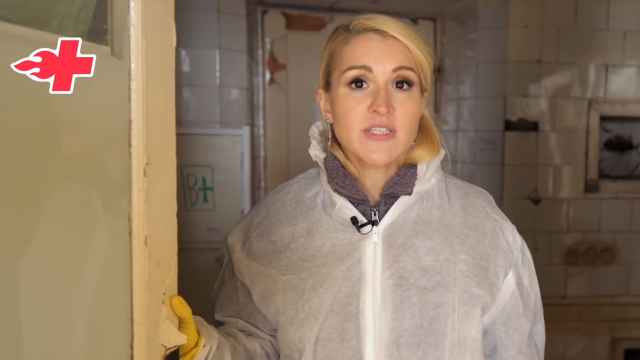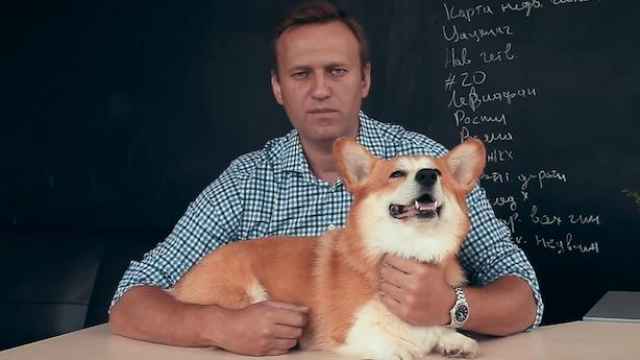Politics
Alexei Navalny, opposition figure
President Vladimir Putin’s biggest domestic opponent enters the New Year with his movement gutted as he enters the second year of his 2.5-year prison sentence for violating parole on an old embezzlement conviction his supporters call politically motivated. Navalny, 45, also faces an additional 10 years as part of a new criminal case alleging that he stole supporters’ donations.
When he returned to Russia in early 2021 after treatment for an August 2020 poisoning he blames on the Kremlin, Navalny galvanized some of the biggest anti-government protests in modern Russian history. His video investigation into Putin’s alleged $1.3 billion Black Sea palace helped fuel the street rallies and gained 120 million views, making it the most popular video on Russian YouTube in 2021.
During the course of 2021, Russian authorities formally outlawed Navalny’s networks, jailed his supporters on a range of offenses and forced social media platforms to take down pro-Navalny content in what Kremlin critics call a sweeping crackdown on dissent.
His team’s campaign in support of September 2021 election candidates most likely to unseat pro-Kremlin incumbents failed to put a dent in the ruling party’s supermajority, while critics claimed mass fraud and tampering at the ballot box.
Russia has to date refused to open a criminal investigation into Navalny’s poisoning despite activist and Western pressure.
Though he ended the year as a prison “seamstress,” with key allies exiled and his regional supporters who stayed in Russia facing the prospect of jail terms, Navalny’s name is unlikely to disappear from the headlines in 2022, as activists and Western governments continue urging Russia to release him.
The Kremlin, according to media reports, hopes that Navalny’s “highly personalized” movement will fizzle while he is imprisoned.
Sardana Avksentiyeva, lawmaker
Yakutsk’s first female mayor re-emerged in 2021 as an independent political player with a seat in Russia’s lower house of parliament, the State Duma, as a member of the recently formed New People party.
Avksentiyeva, 51, will be closely watched in her new role after other independent-minded lawmakers dropped out of the race, or were stripped of their mandates to face criminal charges.
Avksentiyeva rose to national prominence with her populist program, modest lifestyle and savvy social media use. Months ahead of the September 2021 Duma elections, Avksentiyeva announced she was stepping down as Yakutsk mayor following media rumors of her ouster.
Avksentiyeva opposed the 2020 constitutional rewrite that allows Putin to remain in power until 2036. Even so, she took pains to avoid offending the Kremlin, walking a tightrope between implicit dissent and public displays of loyalty.
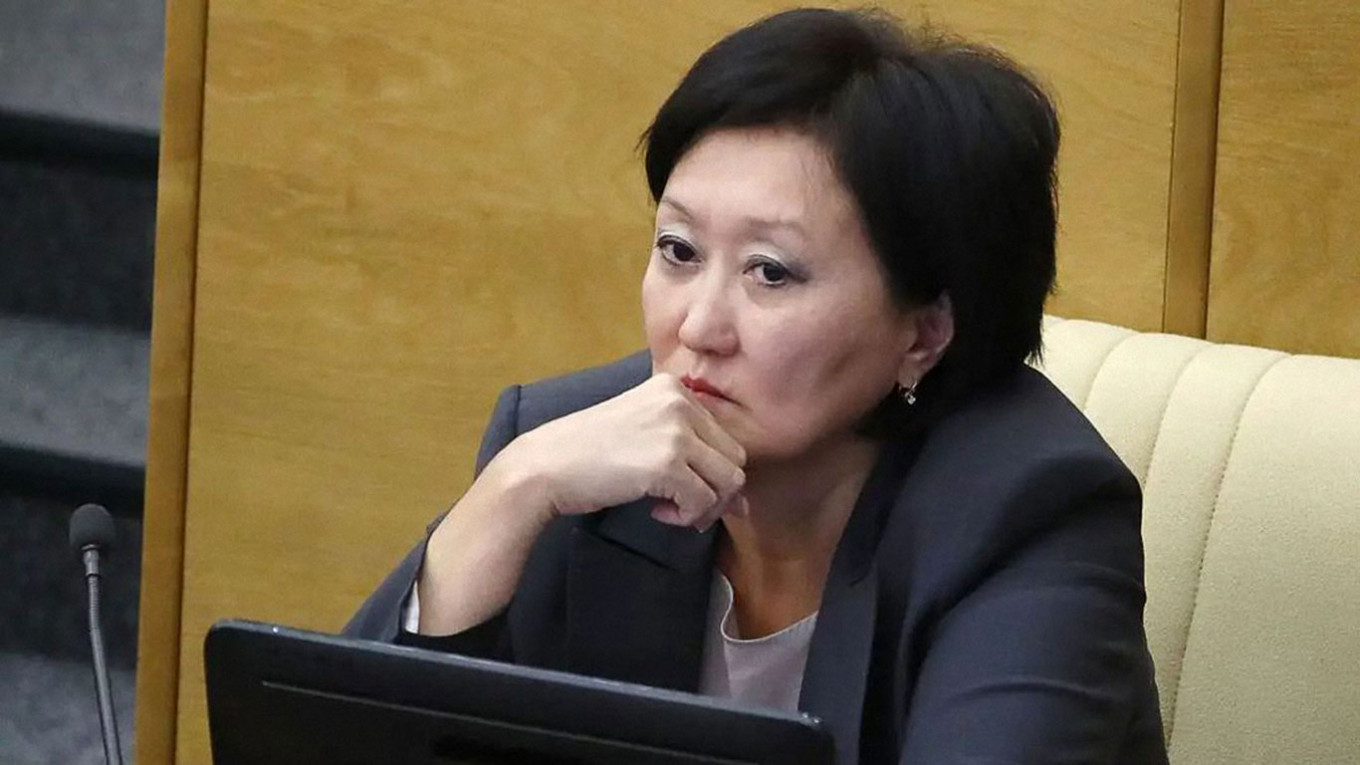
Anna Kuznetsova, State Duma deputy speaker
The former children’s rights ombudswoman who championed the evacuation of Russian orphans born to Islamic State families in Syria and Iraq was the only member of Putin’s top-5 list of Duma candidates to take up her seat in parliament.
Kuznetsova, 40, will oversee committees on family, women, children and social policy at a time when critics are accusing the Kremlin of militarizing schoolchildren and instilling conservative values in opposition to what Russia describes as the “boundlessly permissive” West. Kuznetsova will preside over the wide portfolio amid unclear legislative prospects for criminalizing domestic violence after the Duma de-criminalized first-time abuses in 2017 and the Kremlin said existing laws are “enough” to combat domestic abuse.
The Duma’s ruling party United Russia, which includes Kuznetsova, is expected to continue enacting Putin’s socially conservative policies in the coming year, including ingraining patriotism as a unifying national idea in the school curriculum.
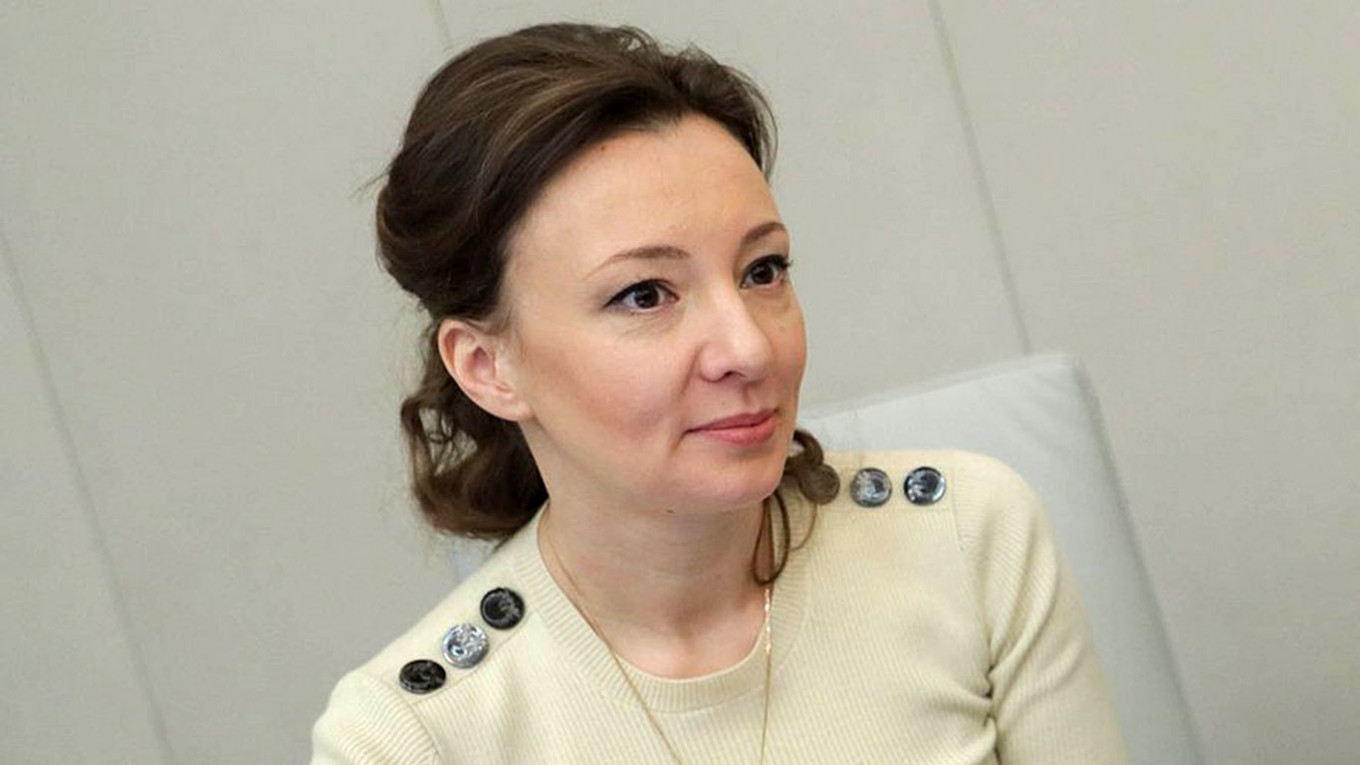
Health and the pandemic
Anna Popova, head of consumer safety watchdog Rospotrebnadzor, Tatiana Golikova, deputy prime minister in charge of Russia’s Covid-19 response and Alexander Gintsburg, head of the state-run Sputnik V vaccine developer
Popova, Golikova and Gintsburg have become the de-facto faces of Russia’s response to the coronavirus pandemic.
Every week, Popova and Golikova take to the airwaves to update Putin and the wider public on Russia’s measures against Covid. Their televised briefings, which have affected nearly every aspect of life for millions of Russians during the pandemic, are expected to continue in 2022.
Gintsburg is also expected to remain a media presence in Russia as new and infectious Covid-19 mutations continue spreading panic across the world, with no end in sight for the pandemic.
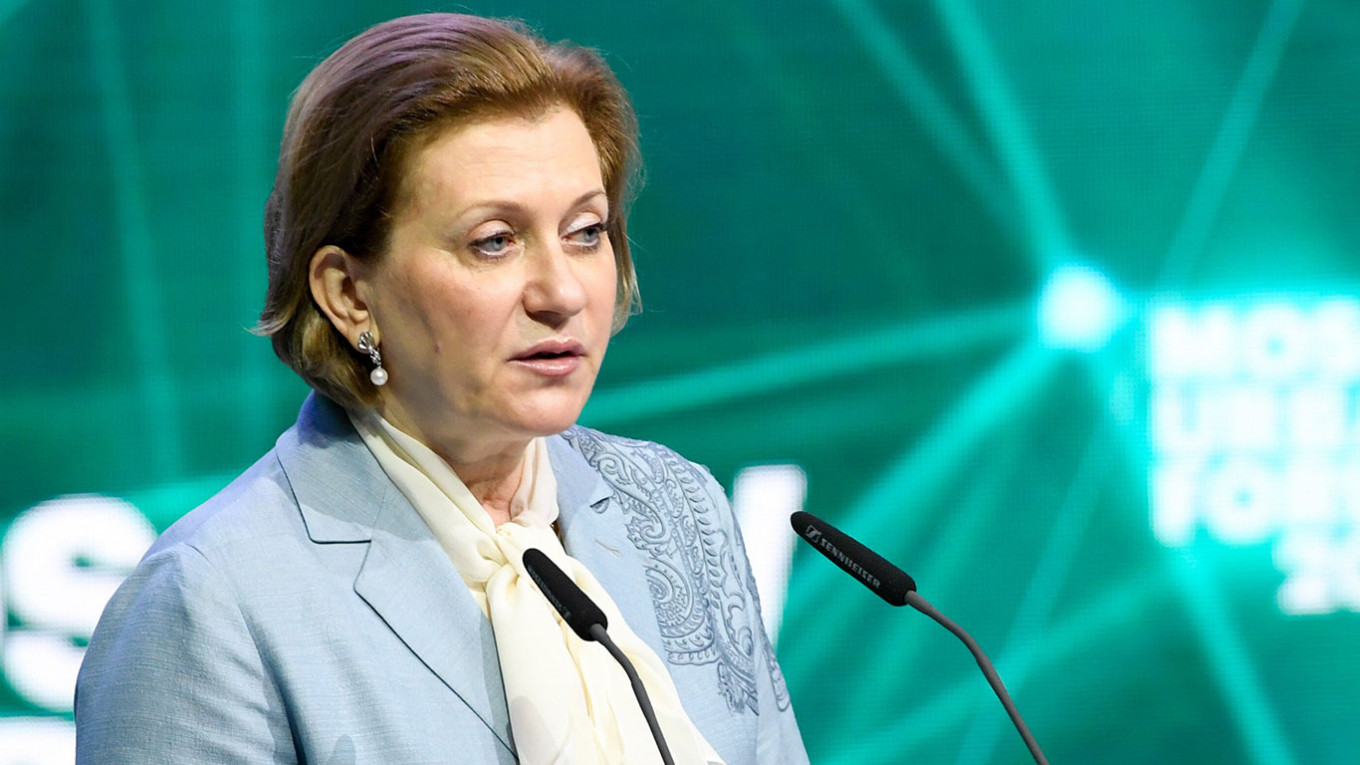
Activism and advocacy
Vladimir Osechkin, prisoners’ rights activist
Founder of the prominent prisoners’ rights NGO Gulagu.net, Osechkin sent shockwaves across the country in 2021 with a series of explosive video evidence of alleged torture in Russia’s prison system.
Osechkin, 41, has vowed to continue shedding light on the abuse of prisoners in Russia with more than 100 gigabytes of files documenting widespread torture and rape of inmates that he obtained from an ex-inmate who smuggled the footage from a Saratov prison hospital on USB sticks.
In mid-December, Osechkin said he had also obtained 200 gigabytes worth of prison torture videos from Krasnoyarsk, Primorye and the Zabaikalsky region from another whistleblower.
Osechkin’s revelations have resulted in at least 21 Saratov regional prison officers and officials being dishonorably discharged following an internal inspection into the leaked videos. Putin fired the head of Russia’s prison system in November in a move that the Kremlin said was unrelated to Osechkin’s leaks.
Authorities added Osechkin, who has claimed political asylum in France, to Russia’s wanted list for an unspecified criminal offense after he published new videos showing graphic torture and rape of inmates at the Saratov prison hospital.
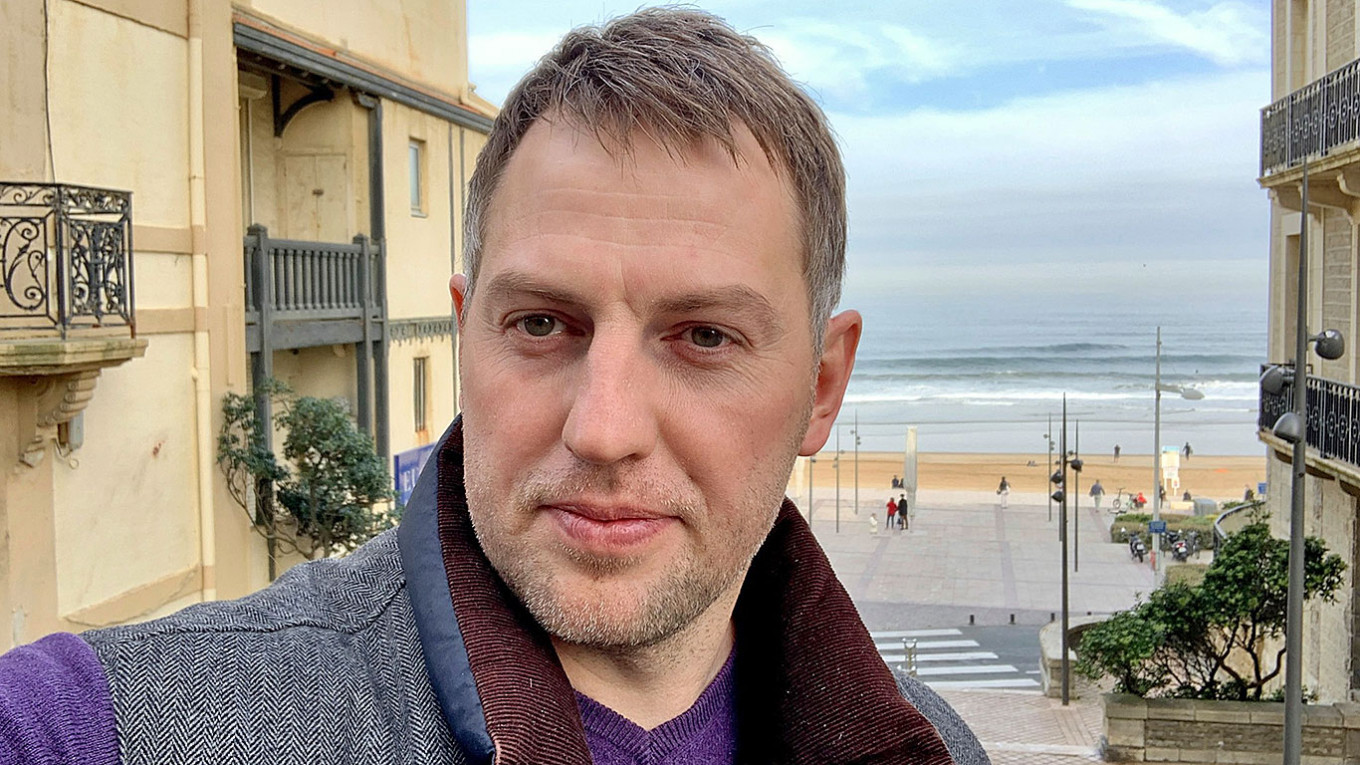
Media
Dmitry Muratov, editor-in-chief of Novaya Gazeta
Co-winner of the 2021 Nobel Peace Prize for efforts to safeguard freedom of expression, Muratov faces the prospect of being labeled a “foreign agent” in the new year after Putin said the award does not “shield” him from the infamous designation.
In his acceptance speech, Muratov said it would be “stupid” to label his independent newspaper Novaya Gazeta a “foreign agent” even if he accepted the Nobel Prize money.
A term with Soviet-era undertones, the “foreign agent” status forces individuals or organizations to disclose sources of funding and label all their publications, including social media posts, with a tag or face fines.
Muratov, 60, was among a group of journalists who founded Novaya Gazeta in 1993 after the fall of the Soviet Union.
The recognition for Muratov came after dozens of Russian journalists and a number of leading independent outlets were hit with the "foreign agent" designation, with some forced to shut down last year. Kremlin critics say authorities are waging a campaign against independent and critical media.
Later in December, Muratov’s Novaya Gazeta was snubbed of an invite to Putin’s end-of-year press conference in what the Kremlin said was an anti-coronavirus measure.
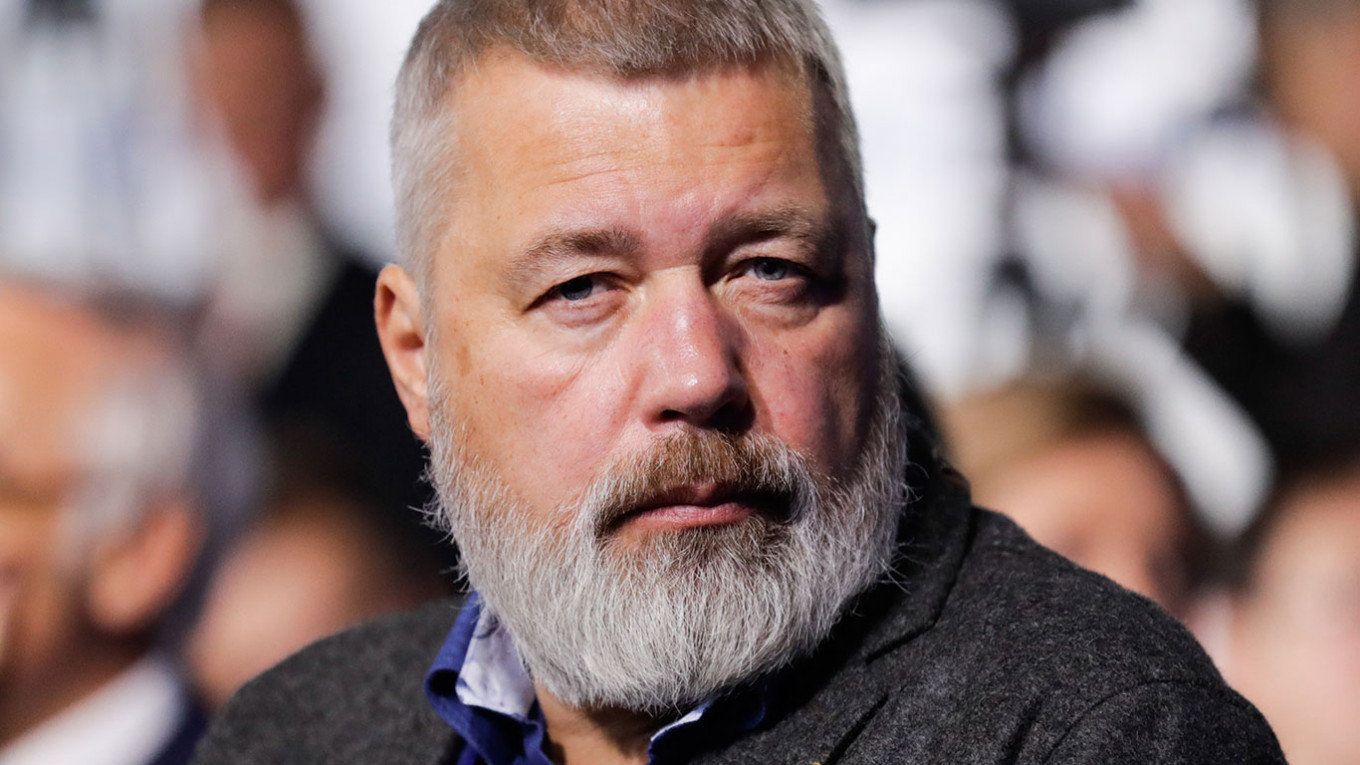
Arts
Yevgenia Markova, general director of Roskino
Markova, who promotes Russian content in key international film markets, is the face of Russia’s film industry renaissance responsible for showcasing an unprecedented number of Russian projects abroad and overseeing the success of Russian films on streaming platforms.
Under Markova’s watch, Russia presented at least 140 projects on the European film market, and more than 60 on Marché du Film, one of the world’s largest film markets and the business counterpart of the Cannes Film Festival.
Markova’s young career as head of state-run Roskino coincided with a 9-day run at the top of Netflix’s streaming charts for Russia’s comic book adaptation “Major Grom: Plague Doctor,” and 58 days in the top-10 for “Chernobyl: Abyss,” Russia’s Hollywood-esque response to the hit HBO miniseries.
Markova received recognition for her efforts at the 78th Venice International Film Festival with the 2021 Filming Italy Best Movie Award for outstanding achievements in the Italian and international film industry.
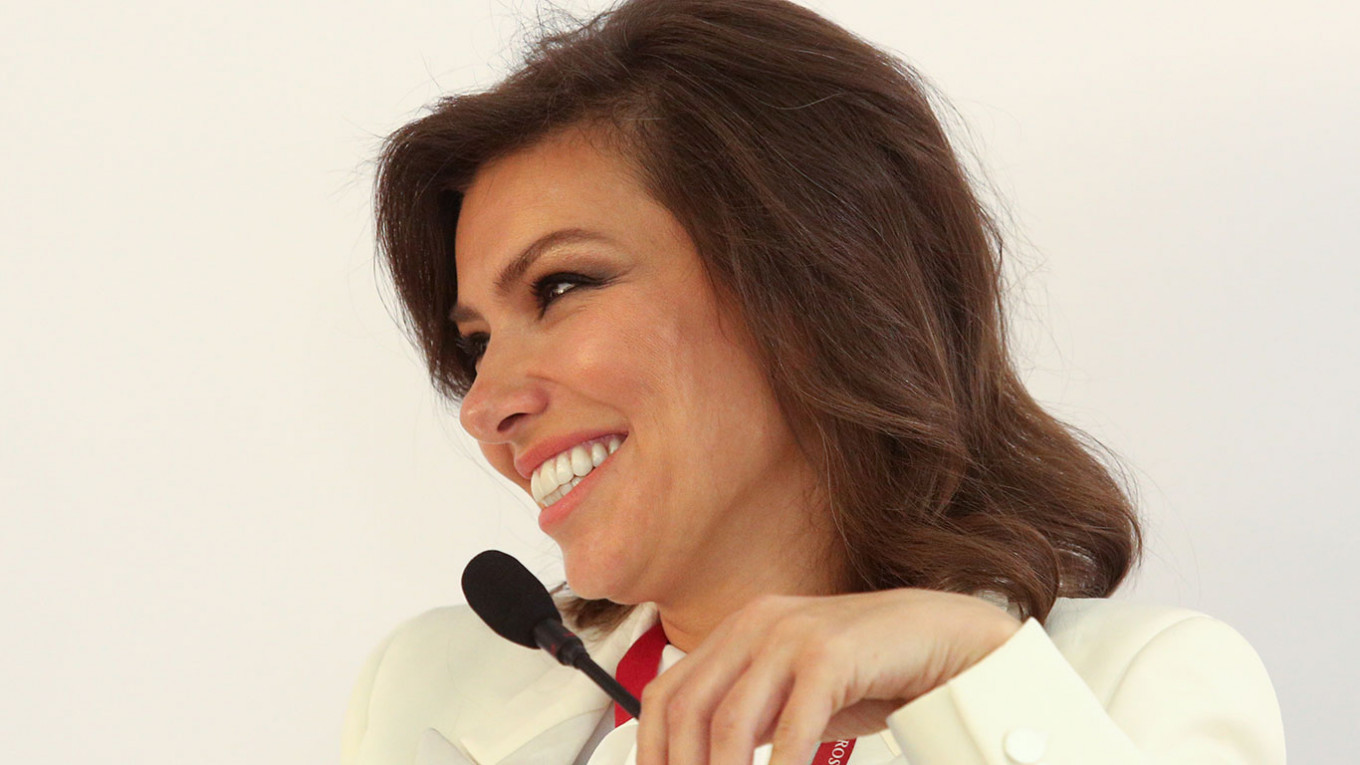
Kira Kovalenko, director
A rising star in Russia’s film industry, Kovalenko enters 2022 with high hopes of gaining further international recognition after being noticed at the 2021 Cannes Film Festival.
Her second feature film, “Unclenching the Fists,” a drama about a young Ossetian woman trying to escape life in a small town, won the Un Certain Regard award.
And though “Unclenching the Fists” fell short of the 2022 Oscars shortlist as Russia’s entry in the Best International Feature Film category, Kovalenko has much to look forward to in the new year.
Kovalenko is the protegé of successful producer Alexander Rodnyansky, who produced Cannes Film Festival award winner Kantemir Balagov’s feature films. Both Balagov and Kovalenko are graduates of a filmmaking workshop organized by the rector of the Kabardino-Balkarian State University in Nalchik, Barasbi Karamurzov, and Russian director Alexander Sokurov.
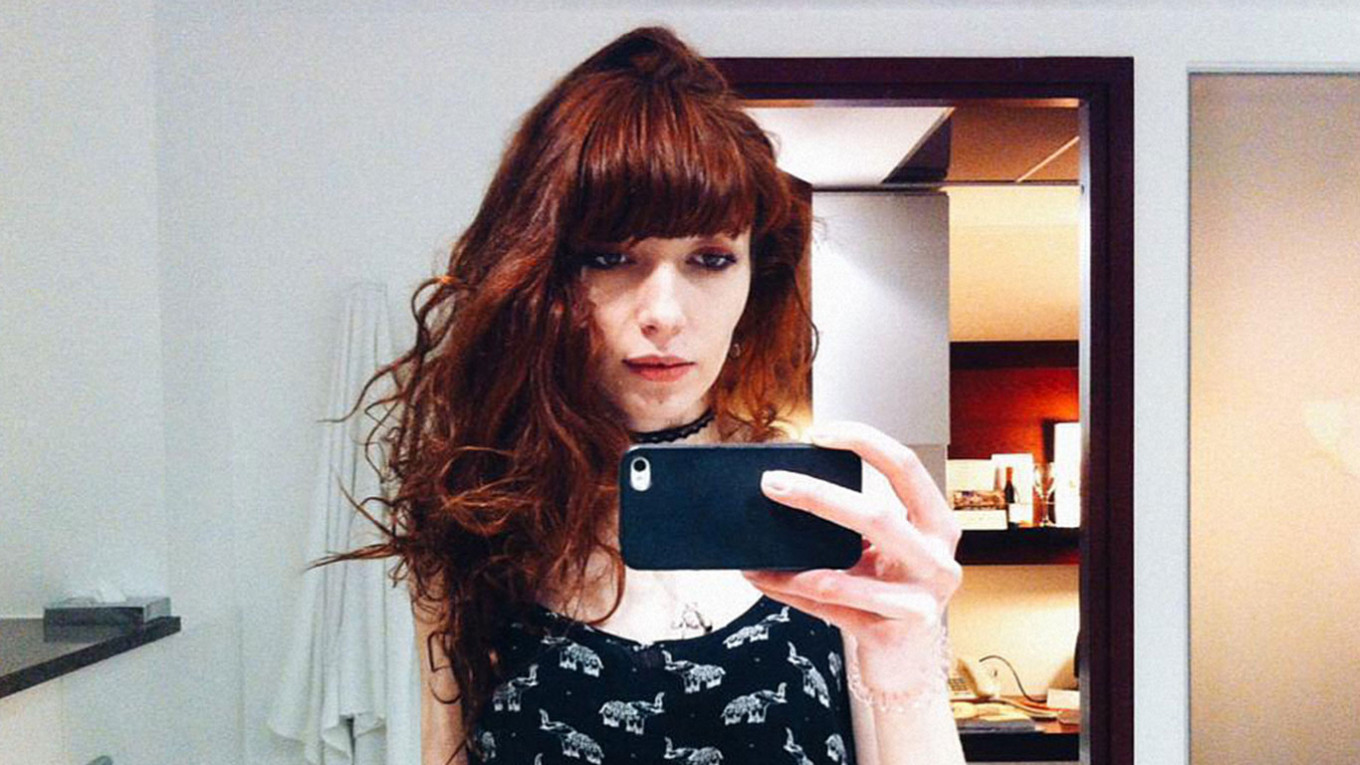
A Message from The Moscow Times:
Dear readers,
We are facing unprecedented challenges. Russia's Prosecutor General's Office has designated The Moscow Times as an "undesirable" organization, criminalizing our work and putting our staff at risk of prosecution. This follows our earlier unjust labeling as a "foreign agent."
These actions are direct attempts to silence independent journalism in Russia. The authorities claim our work "discredits the decisions of the Russian leadership." We see things differently: we strive to provide accurate, unbiased reporting on Russia.
We, the journalists of The Moscow Times, refuse to be silenced. But to continue our work, we need your help.
Your support, no matter how small, makes a world of difference. If you can, please support us monthly starting from just $2. It's quick to set up, and every contribution makes a significant impact.
By supporting The Moscow Times, you're defending open, independent journalism in the face of repression. Thank you for standing with us.
Remind me later.


